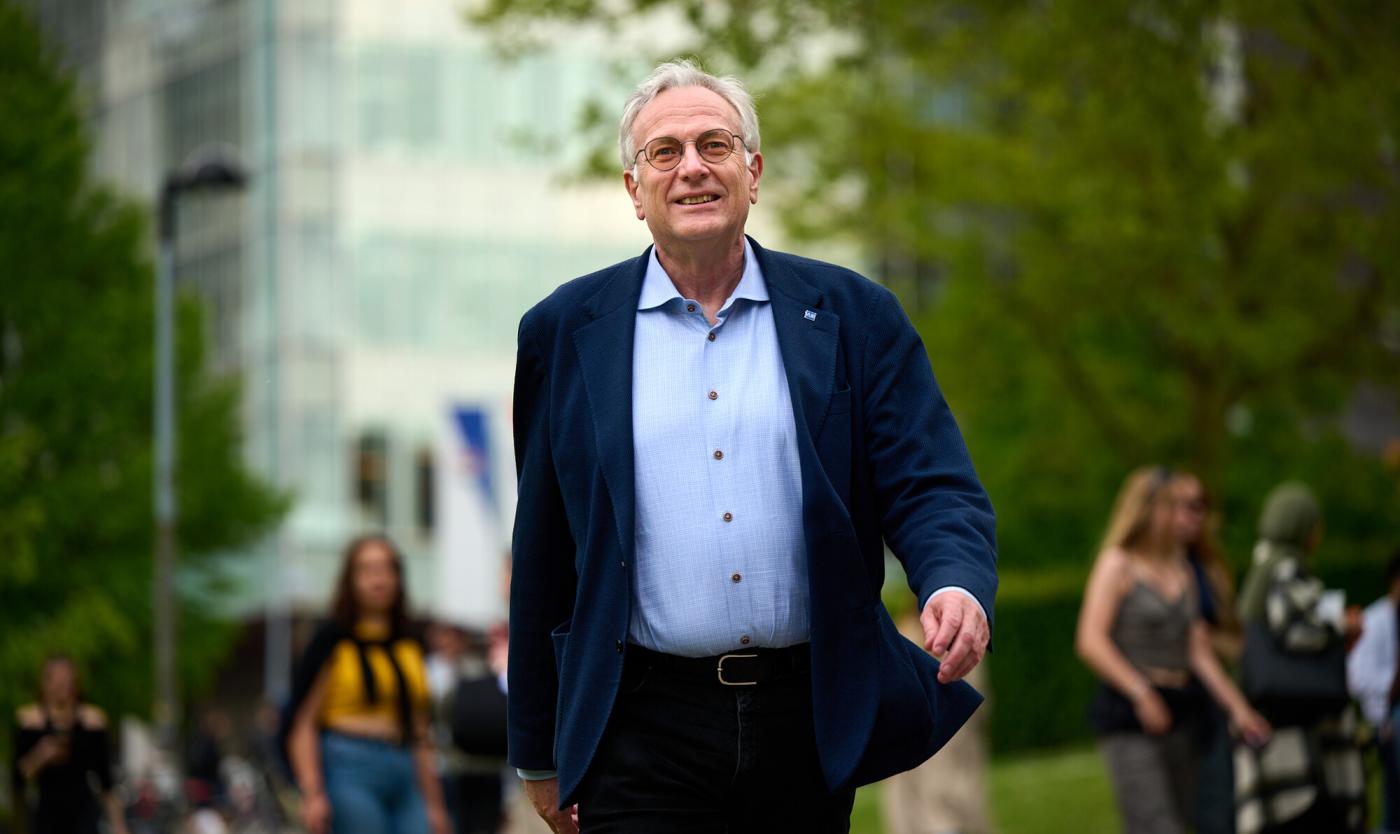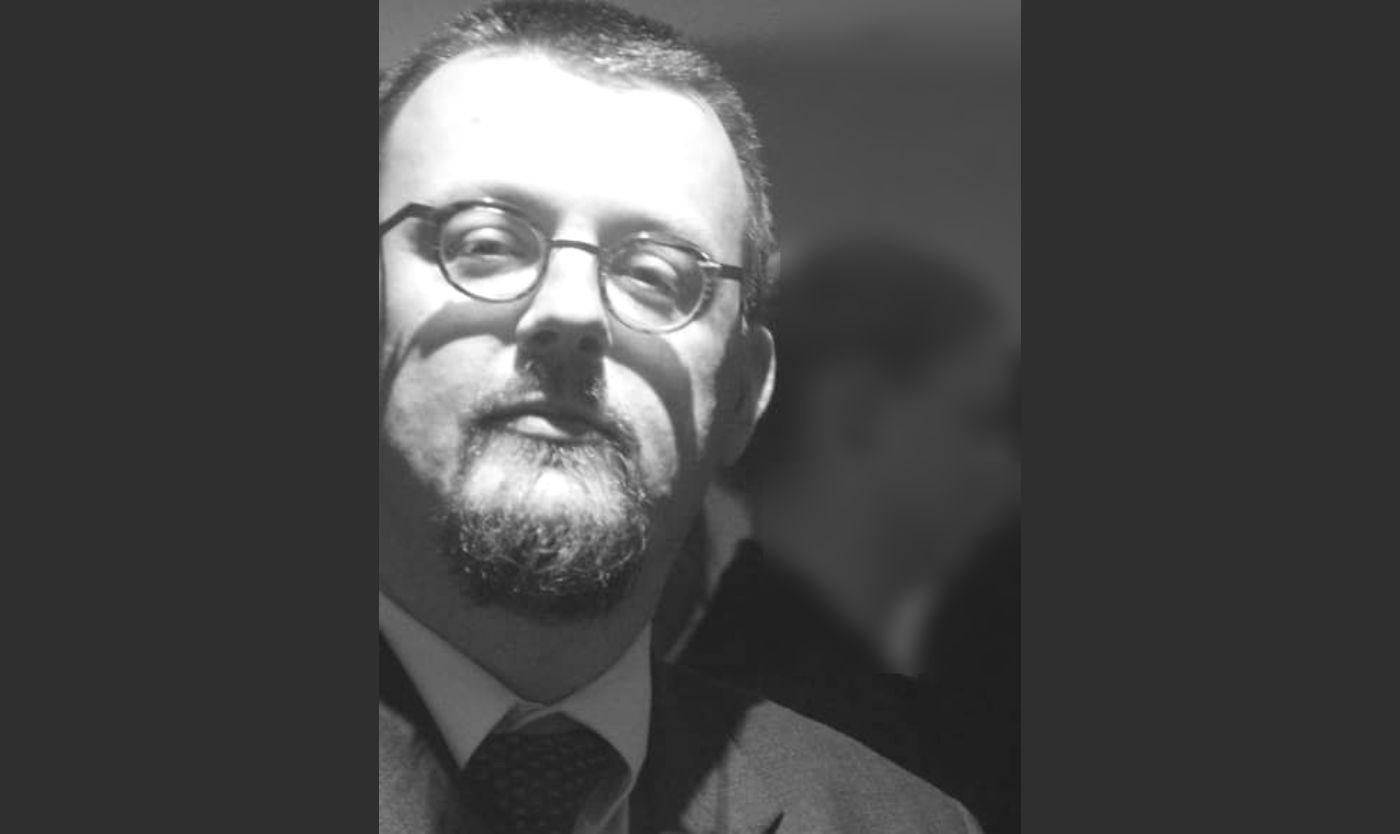
Practical
Laarbeeklaan 103
1090 Jette
The Vrije Universiteit Brussel and VUB professor Cornelis J Schilt invite you to an exclusive lecture and discussion about the impact of epidemics on our societies, civil rights and freedoms.
Bubonic plague, flu, TB, Ebola, Sars, HIV and more recently Covid-19: it’s hard to overstate the role of epidemics and pandemics in our history. They have a significant impact on our social and economic life. Preventive measures and safety protocols need to prevent diseases from spreading, but at the same time they limit the freedom of the people they are intended to protect. What is reasonable and what is exaggerated when national and international health security are at stake?
About the lecture
Professor Mark Harrison specialises in the history of epidemics and the measures taken around the world to contain then. Epidemics from the past determine how we deal with pandemics today. When do they become a national security risk? How is that risk assessed? Why does that assessment differ between countries and governments? Why do different countries implement different measures and why does one country have a more effective containment policy than another? Professor Harrison looks back and places our knowledge of epidemics such as bubonic plague, AIDS and Covid-19 in a historic and international context.
About the debate
After the lecture, Mark Harrison and Cornelis J Schilt will discuss the responsibilities of governments during international health crises and the restriction of individual freedoms in the service of national security. The battle between collective health and individual freedom raises difficult questions. What is reasonable, what is exaggerated? The moderator of the discussion is philosopher Alicja Gescinska, curator of the VUB Pauwels Academy for Critical Thinking.

About Professor Mark Harrison
Mark Harrison is a professor of the history of medicine at Oxford University, specialising in the 17th to 20th centuries. He publishes on the history of disease and medicine, particularly in relation to the history of war and imperialism. During the Covid-19 pandemic, he worked as a security advisor to the British government and was involved in designing the UK’s virus containment policy. He also examined the policies pursued in Belgium and the EU.

About professor Dirk Devroey
Dirk Devroey is dean of the Faculty of Medicine and Pharmacy and professor of Medicine at the Vrije Universiteit Brussel. He’s member of the governing council of the UZ Brussel, VUB’s university hospital. Besides being a professor at VUB, Dirk Devroey is also a general practitioner in the city of Overijse, where he played a key role in diagnosing Covid-19 infections and gave his opinion on national measures to be taken in newspapers, magazines and other media. Between 2014 and 2018, he was an adviser in the cabinet of Health Minister Maggie De Block. From September 2008 to June 2022, he was a weekly guest on ‘De Madammen’ on Radio 2 where he informed listeners about health problems and prevention.

About professor Cornelis J. Schilt
This lecture and debate are an initiative by historian of knowledge, philosopher and ERC laureate Cornelis J. Schilt. With the lecture series Knowledge in International Perspective, he goes in search of the origins of our contemporary knowledge and its applications. He invites leading international scientists to take us back in time and elaborate on the development of our knowledge in various fields: history, philosophy, art sciences, natural sciences, medicine, artificial intelligence and more.

About Alicja Gescinska
Alicja Gescinska is a Polish-Belgian philosopher, writer and poet. She studied moral science at Ghent University, after which she carried out research at the University of Warsaw. She did her PhD in Ghent on freedom and personhood in the thinking of Max Scheler and Karol Wojtyła. Alicja is an important voice in contemporary social and philosophical debate. Her publications testify to a great humanistic engagement and, especially, to a great belief in the value of free thinking and free speech. Alicja is guest curator of the Pauwels Academy of Critical Thinking, which is part of the VUB's public program.
The world needs you
This initiative is part of VUB's public programme, a programme for everyone who believes that scientific knowledge, critical thinking and dialogue are an important first step to create impact in the world.
As an Urban Engaged University, VUB aims to be a driver of change in the world. With our academic edcuational programmes and innovative research, we contribute to the Sustainable Development Goals of the United Nations and to making a difference locally and globally.
